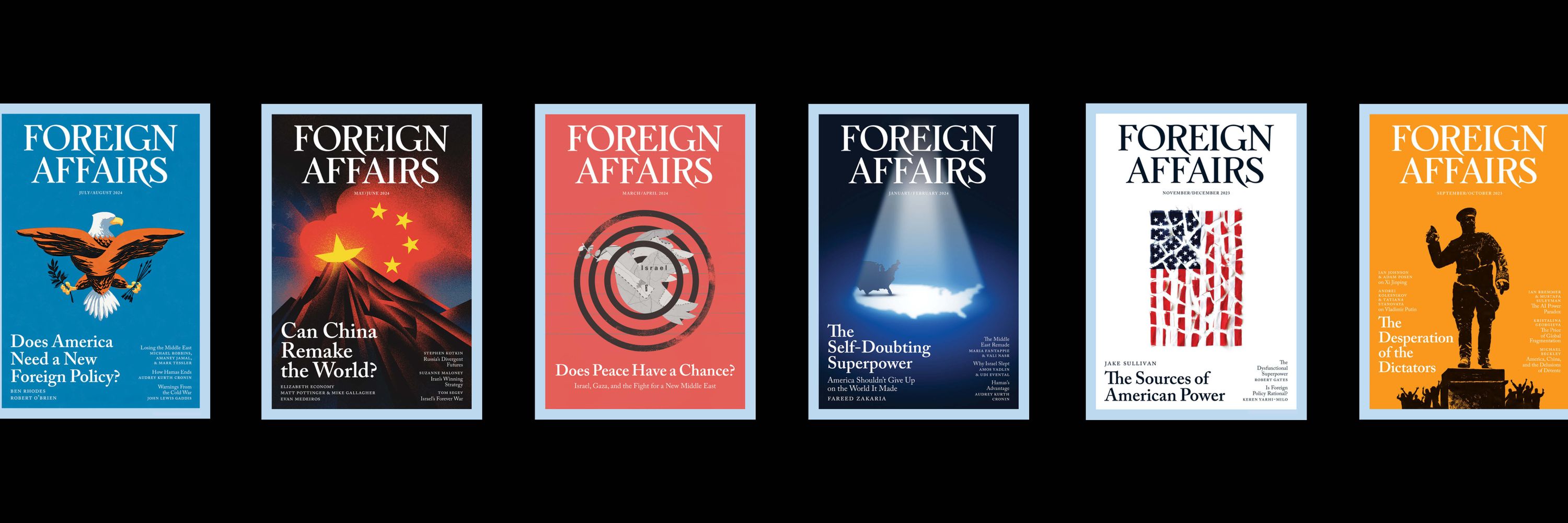
Sign up for our newsletters here: http://foreignaffairs.com/newsletter





https://fam.ag/4svwYd7

https://fam.ag/4svwYd7







https://fam.ag/4svwYd7

https://fam.ag/4svwYd7
www.foreignaffairs.com/united-state...

www.foreignaffairs.com/united-state...












